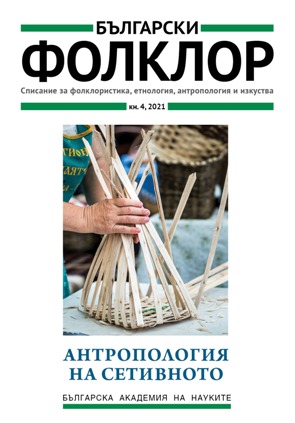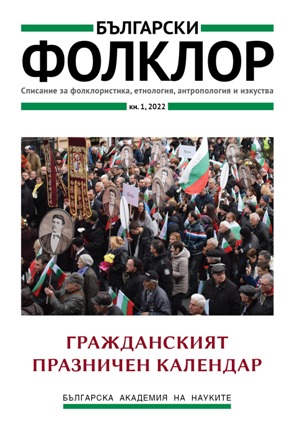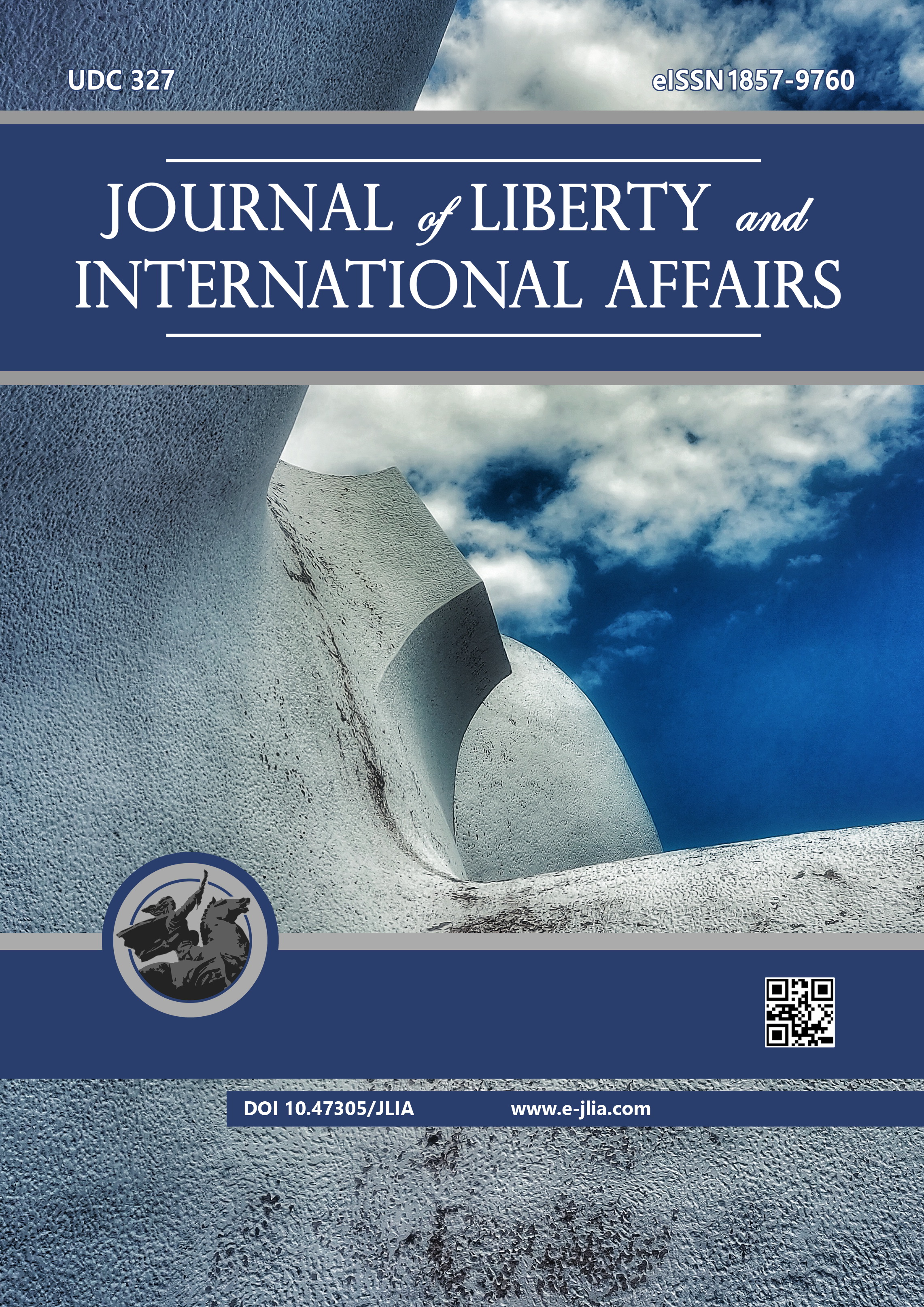
Транснационални наследства: селският дом и историята в Югоизточна Европа
Paradoxically enough, our present times combine conservation with the destruction of architectural heritage. The preservation of this heritage is closely related to the foundation of the nation state and serves to show the “national genius” embodied by the peasant. Simultaneously, the different disciplines that study the issues of architectural heritage show that there is a tendency of mutual disregard. Nevertheless, the transnational concept of the rural home in Southeast Europe (mainly Romania and former Yugoslavia) which I have studied and documented in the 1970-s, displays similar features in close geographical zones, and also in zones that are marked by the culture and history of imperial colonization: Austrian in the first case and Ottoman in the second. The perspective from the point of view of regional heritage makes possible to apply a trans-border approach in order to reveal connections of kinship between neighboring villages separated by political boundaries. In the article, the differences between certain cultural areas are explained with the support of history.
More...


